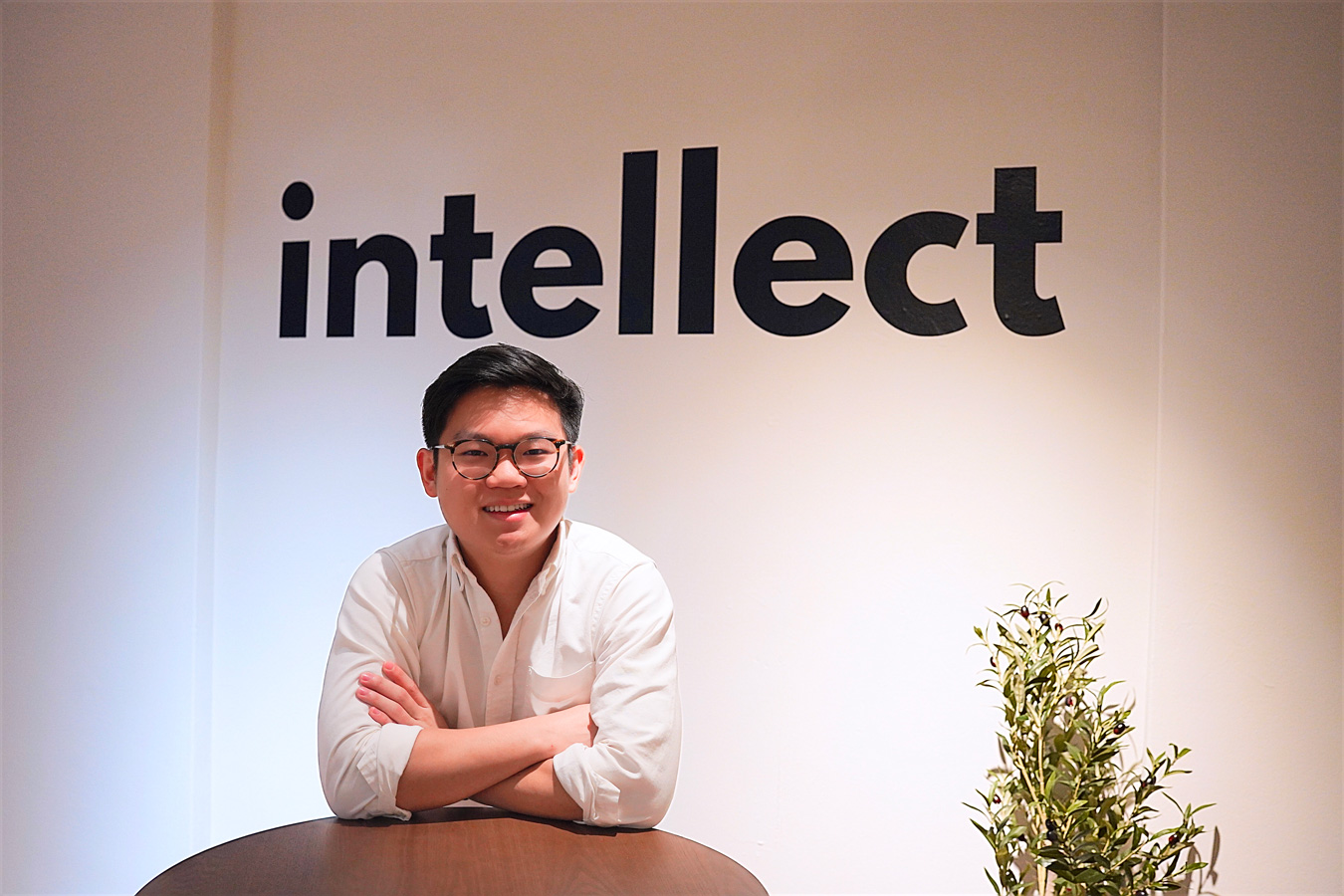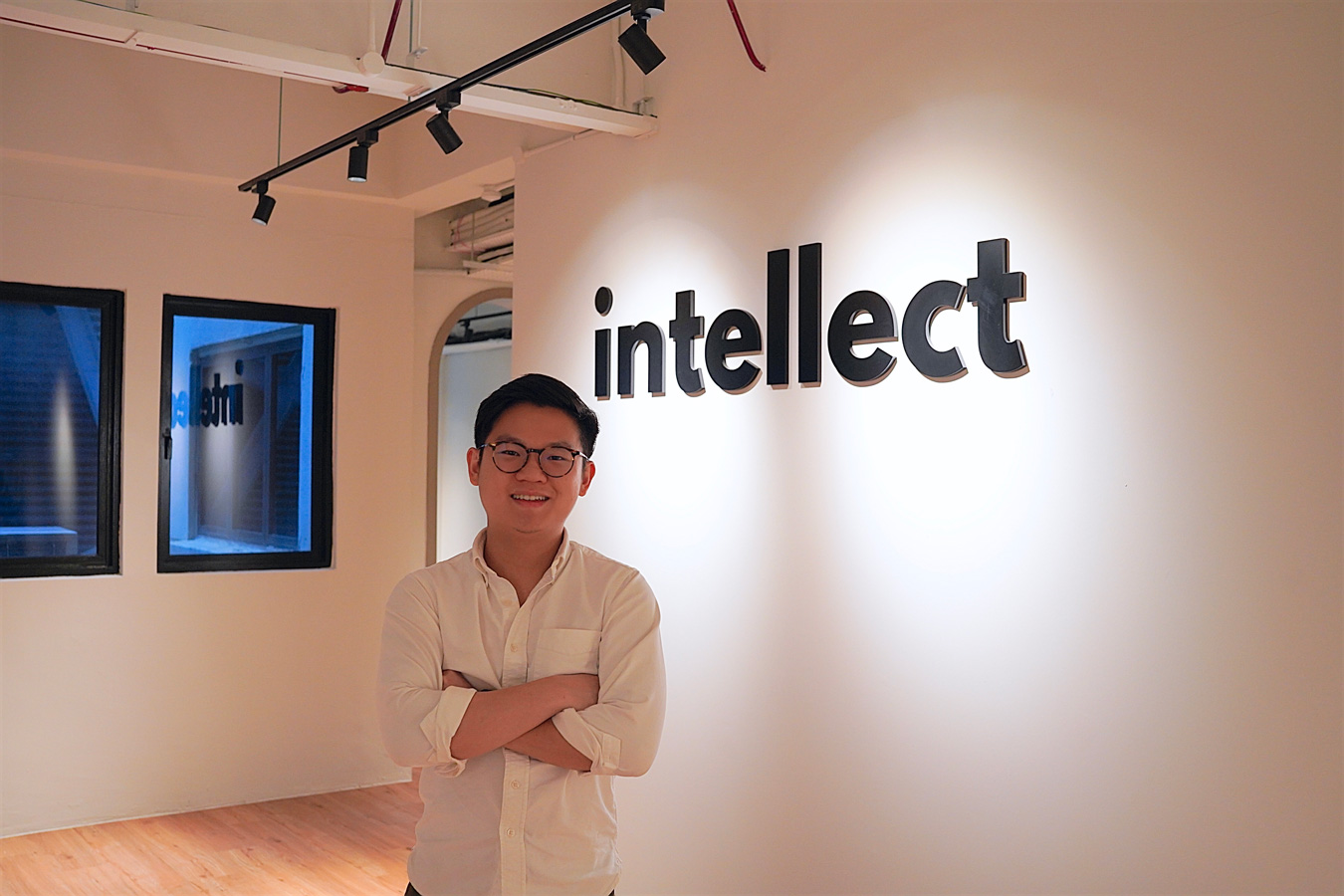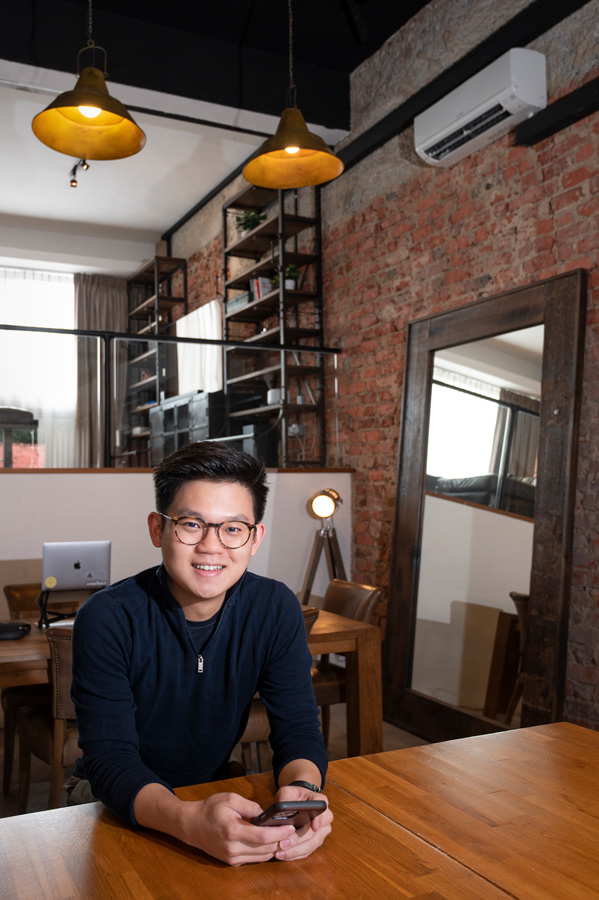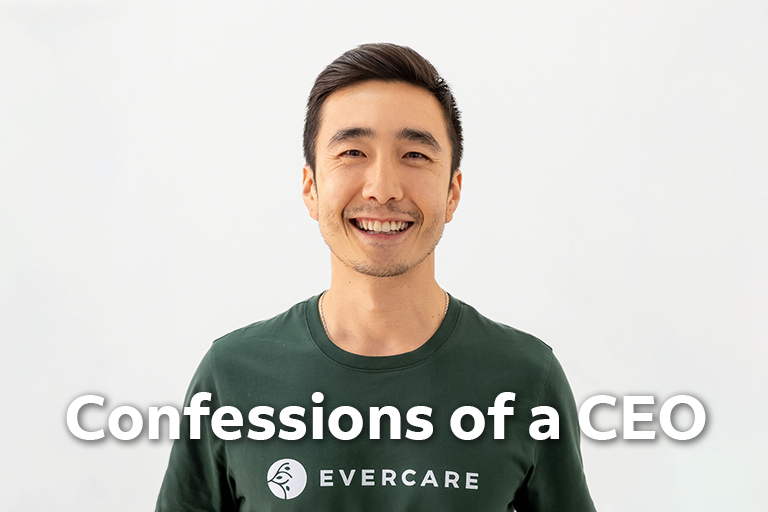This 28-Year-Old CEO Is Transforming Mental Healthcare In Asia
Theodoric Chew is the co-founder and CEO of Intellect, a leading technology platform aiming to revolutionize mental healthcare in Asia. Our latest Confessions of a CEO column uncovers Theodoric’s leadership strategy and startup journey.
Confessions of a CEO: Theodoric Chew of Intellect
- 1. What were the early days of building Intellect like?
- 2. How much has Intellect grown since it was first launched?
- 3. What strategies have been most successful in convincing investors to get on board?
- 4. Have you always wanted to become an entrepreneur?
- 5. Before Intellect, you founded the online media platform Existgreat. What made you feel ready to launch a business at 19?
- 6. How do you build confidence as a young leader and CEO?
- 7. Do you ever get mentally and emotionally overwhelmed as a CEO?
- 8. What is a belief you hold that other business leaders might disagree with you on?
- 9. What is your greatest business failure that you treasure the most?
- 10. What is the newest thing you’ve learned as a CEO?
Do you ever find yourself feeling overwhelmed, anxious, or just generally not your best self? If so, you're not alone. In fact, mental health challenges affect millions across Asia, and many people are not receiving timely treatment.
One man is on a mission to change that.
One man is on a mission to change that.
Theodoric Chew is not just the co-founder and CEO of Intellect, one of Asia's largest mental healthcare technology companies. He’s also a former school dropout, a Forbes 30 under 30 honoree, and a serial entrepreneur. Having dealt with anxiety and panic attacks in the past, Theodoric saw firsthand how people's everyday mental health struggles can affect their quality of life.
However, the mental healthcare infrastructure in Asia presents many barriers to patients, including cost, social stigma, and accessibility. Determined to create change across the mental healthcare industry in Asia, he co-founded Intellect with Anurag Chutani in 2019 at the age of 23.
However, the mental healthcare infrastructure in Asia presents many barriers to patients, including cost, social stigma, and accessibility. Determined to create change across the mental healthcare industry in Asia, he co-founded Intellect with Anurag Chutani in 2019 at the age of 23.
Serving both individuals and organizations, Intellect provides culturally relatable online counseling and self-care content through a mental health platform to over 3.7 million users globally. Companies like Dell and Singtel have integrated Intellect’s services into their employee wellness programs.
We spoke to Theodoric, now 28, to learn more about his personal journey with mental health, the inspiration behind Intellect, and his life as a young CEO and entrepreneur.
We spoke to Theodoric, now 28, to learn more about his personal journey with mental health, the inspiration behind Intellect, and his life as a young CEO and entrepreneur.

What were the early days of building Intellect like?
Theodoric: Before I started Intellect, I had personal experiences witnessing friends and loved ones struggle without being able to get appropriate help. I developed a strong conviction that something needed to change in the space of mental health.
We had to be extremely resourceful and resilient early on, something I still believe in today.
How much has Intellect grown since it was first launched?
When we started, it was just me and my co-founder Anurag Chutani. Today, the company has grown to over 200 employees across the world, serving more than 3.7 million users globally. It’s been quite the journey to say the least. And I truly believe we’re about to experience a big wave of mental healthcare going mainstream.
In 2022, Intellect raised US$20 million in Series A funding. What strategies have been most successful in convincing investors to get on board?
The ‘secret sauce’ that worked for us was being able to articulate a clear problem that needs to be solved, demonstrate why we are the team to tackle it successfully, and showcase what we have been able to build.
We hadn’t raised venture capital before. It involved a lot of trial and error, but being clear on the above points was crucial.
We hadn’t raised venture capital before. It involved a lot of trial and error, but being clear on the above points was crucial.
Have you always wanted to become an entrepreneur?
Yes, from a pretty young age, I’ve always looked up to my older brother, who is an entrepreneur himself.
I was involved with a number of projects during my teens that were fun. I started and attempted a few online projects and mini businesses, from e-commerce stores via drop shipping to ad arbitrage and more.
Looking back, many business ideas in my early days didn’t have much direction, but they provided me with a foundational understanding of the internet and how it works. It has helped me on my journey.

Before Intellect, you founded the online media platform Existgreat in 2015. What made you feel ready to launch a business at 19?
Existgreat was a content media site that brought together experts from different fields to educate, impart knowledge, and spark personal growth. In a way, it was an early synthesis of what would eventually make me start Intellect, which focuses more deeply on mental health.
At 19, I was naive as well as ambitious! But I’ve come to realize that no one is ever truly ‘ready’ for something like this, so if I went back in time, I’d probably do it all over again.
How do you build confidence as a young leader and CEO?
My advice is to be aware of your strengths and shortcomings; be respectful of others yet firm in your own beliefs; and find your own brand of the kind of founder, manager, or executive you want to be, rather than trying to be a textbook leader.
I wouldn’t say I portray the presence of a big corporate CEO, but I know who I am. Being able to learn from others is also key.
Do you ever get mentally and emotionally overwhelmed as a CEO?
The role definitely has its highs and lows. I sometimes jokingly describe a startup CEO’s job as that of a firefighter, putting out figurative fires when they occur - which happens a lot. I do believe this is part and parcel of the job, and people deal with it differently. I carve out time to recover and recharge if I sense myself getting drained.
I personally believe in the importance of setting boundaries and downtime as a CEO. That said, I’ve spoken with different founders and CEOs who don’t necessarily agree with this approach, so I think it comes down to what works best for the individual.

What is one belief you hold that other business leaders might disagree with you on?
Sometimes, the best ideas and initiatives come from the most unexpected people or places. Now and then, I think that a lack of preconceived notions can be a benefit, allowing you to think outside the box and come up with new, creative solutions. Particularly now, when so many new technologies are simplifying previously difficult tasks.
What is your greatest business failure that you treasure the most?
The many failed attempts in my younger years to start businesses allowed me to understand myself more deeply. They taught me what I’m good at, and importantly, what I’m not so good at. I’ve seen that sometimes the best advice won’t resonate until someone has actually experienced it for themselves.
Personally, I had never been in healthcare or done B2B sales prior to Intellect, so everything was a first for me and a massively steep learning curve. We’ve had many great partners, advisors, and team members who have unlocked different pieces of the puzzle that I had never considered. It all comes down to being open-minded and willing to learn.
Finally, what is the newest thing you’ve learned as a CEO?
A startup is a fast-paced, chaotic environment, but an extremely exciting and rewarding one. I believe one of the most important traits to succeed in a startup is to have agency. This means developing a mindset and behavior that drives you to take initiative, have accountability, be resourceful, and fundamentally be a problem solver.
I’ve also come to realize that in many cases, your instinct and gut feeling are actually the result of compounded experience over time - and that it should be relied on!
***
For more entrepreneur stories from our Confessions of a CEO column, head here.



















 The Latest
The Latest